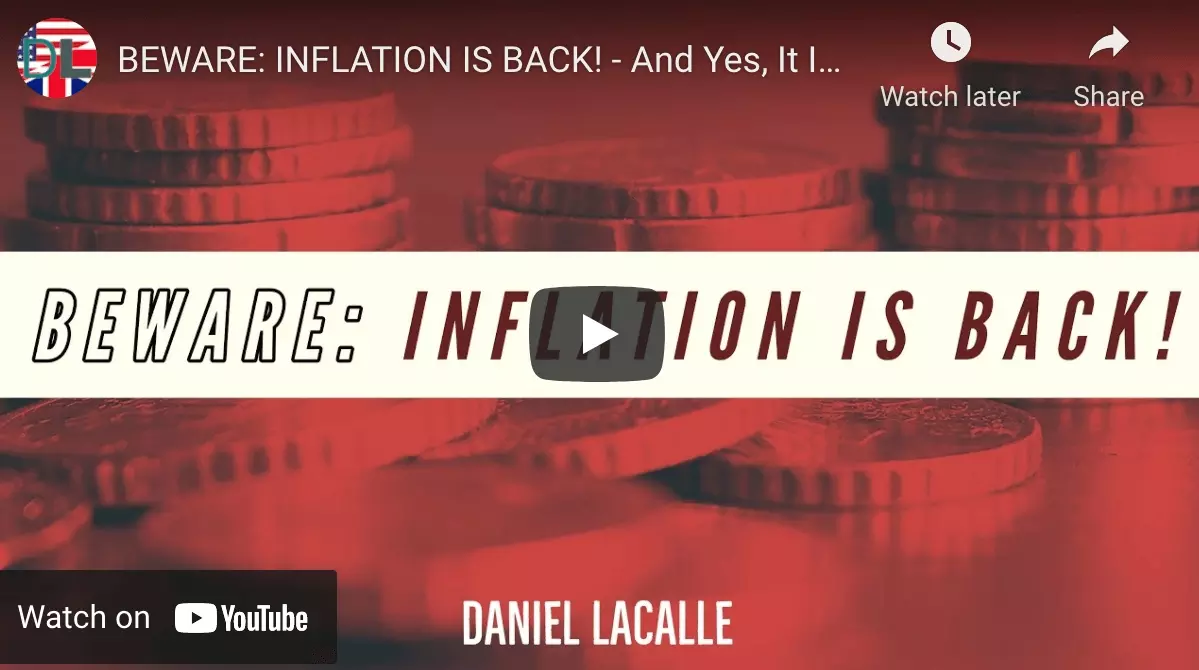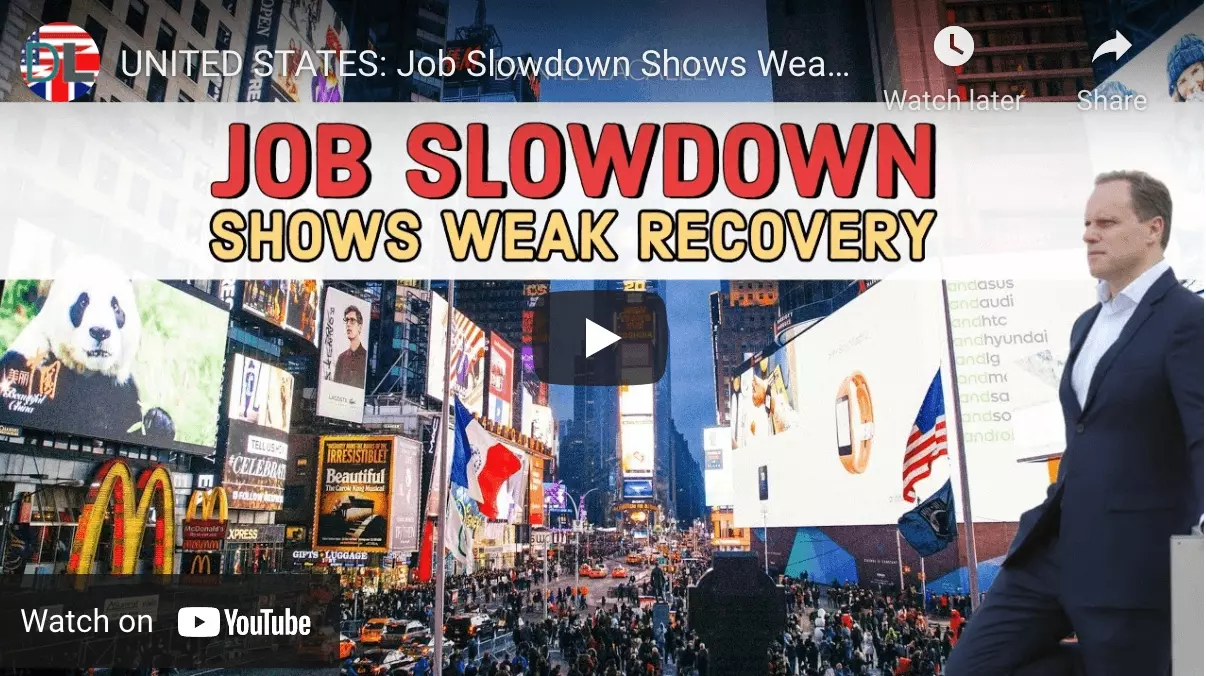The University of Michigan consumer confidence index fell to 82.8 in May, from 88.3 in April.
More importantly, the current conditions index slumped to 90.8, from 97.2 and the expectations index declined to 77.6, from 82.7.
Hard data also questions the strength of the recovery. April retail sales were flat, with clothing down 5.1%, general merchandise store sales fell 4.9%, leisure & sporting goods down 3.6% with food & drink services up just by 3%.

United States industrial production was also almost flat in April, rising just 0.4% month-on-month in April pushed by a 4% slump in motor vehicle production. You may think this is not that bad until you see that industrial capacity utilization came at 74.7% in April, significantly below the pre-pandemic levels.
Employment also questions the “strong recovery” thesis. Non-farm employment is still down 8.2 million, or 5.4 percent, from pre-pandemic level yet gross domestic product is likely to how a full recovery in the second quarter.
These figures are important because they come after trillions of dollars of so-called stimulus and the entire thesis of the V-shaped recovery comes from a view that consumption is going to soar. Reality shows otherwise. In fact, reality shows that retail sales showed an artificial bump due to the wrongly called stimulus checks only to return to stagnation.
The rise in inflation further questions the idea of a consumption boom, certainly for the middle class. Why? If we look at the 4.2% rise in consumer price index in April includes a 25% increase in energy, a 12% increase in utility prices, a 5.6% increase in transportation services, a 2.2% in medical services etc. As consumers perceive a higher rise in prices, especially in those essential goods and services that we purchase every day, consumption decisions become more prudent and propensity to save rises. This is something that we have seen in numerous countries. In Japan, years of “official” messages about the risk of deflation clashed with citizens’ perception of cost of living, and tendency to save increased, rightly so. Citizens are not stupid, and you can tell them that there is no inflation or that it is transitory, but they feel the rise in cost of living and react accordingly.
Two things should concern us. First, the weakness of the recovery in the middle of the largest fiscal and monetary stimulus seen in decades, and second, the short and diminishing effect of these programs. A two trillion stimulus package creates a very short-term impact that lasts less than five months.

I recently had a discussion with Judy Shelton, and she stated that the recovery would be stronger without stimulus. She is probably right.
Neo-Keynesians will likely say that if the above figures persist, the solution is more stimulus, but it is not. More money to government programs means slower growth and weaker recoveries.
The American consumer is not happy. They do not see the official optimism about the job market or the macro figures, and the current sugar-high is likely to lead to an abrupt sugar-low.





Leave your comments
Post comment as a guest